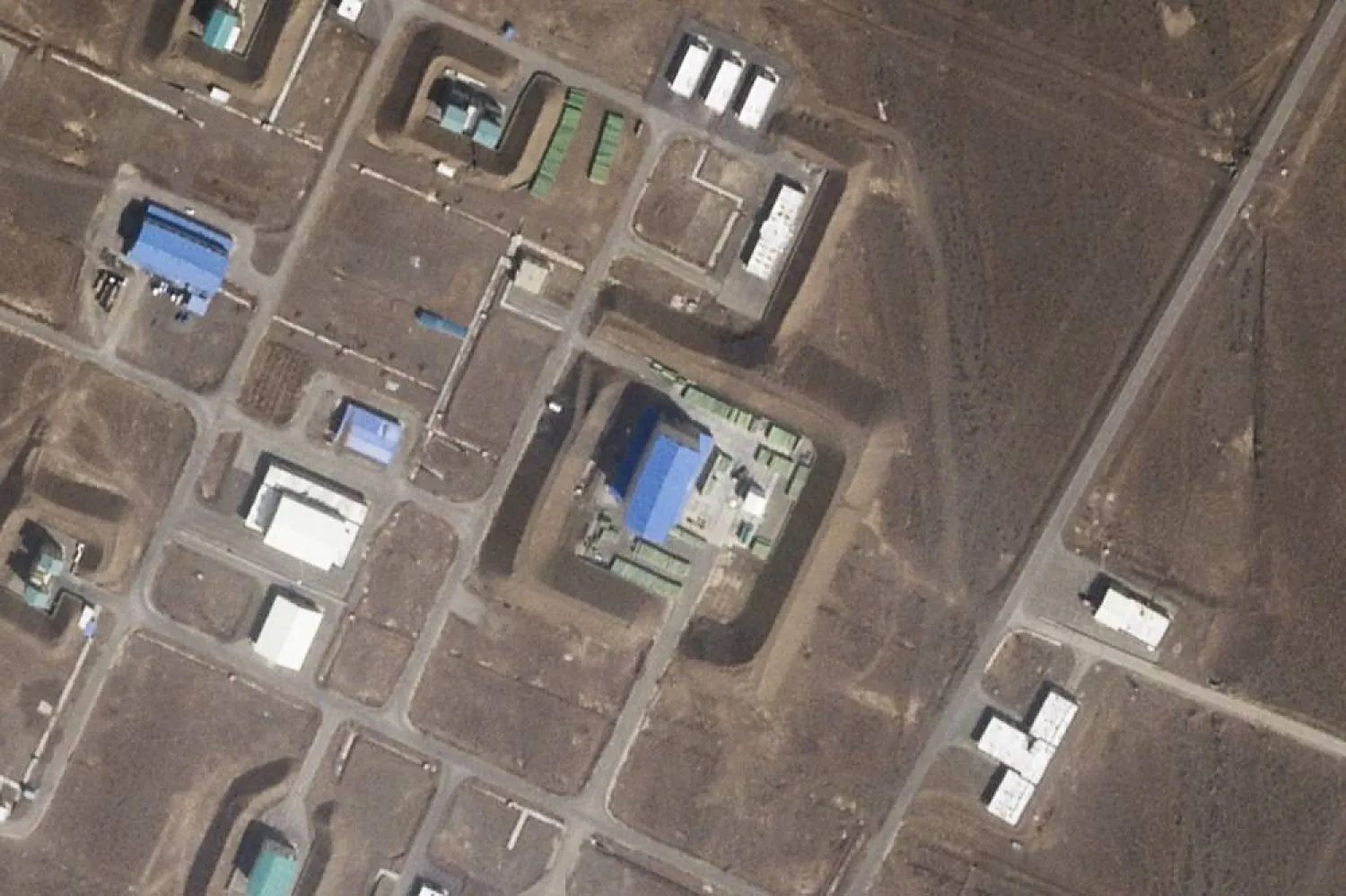Iran's missile production has not been disrupted following Israeli air strikes on the country on Oct. 26, Defense Minister Aziz Nasirzadeh was quoted as saying on Wednesday by state media.
On Monday, Israel's Defense Minister Yoav Gallant congratulated Israeli pilots for damaging Iran's production capabilities in airstrikes meant to respond to Iran's Oct. 1 missile barrage against Israel.
"Their supplies are now set, and this affects their calculus. Both their attack and defensive capabilities have been weakened," Gallant said.
Two American researchers told Reuters last week that Israeli air strikes hit buildings that Iran used for mixing solid fuel for ballistic missiles and that this "may have significantly hampered Iran's ability to mass produce missiles".
"The enemy has sought to hurt both our defensive and offensive systems but was not very successful because we had made arrangements and were in the know," Iran's defense minister said on Wednesday.
"The (production) knowledge is indigenous, so there is no disruption in the manufacturing process of missiles," Nasirzadeh said, also implying that a defense system may have been damaged in the attack as he said it was "replaced the day after".
Iranian state media also reported on Tuesday that Nasirzadeh said the country was still able "to carry a dozen more missile barrages" against Israel as seen on Oct. 1 and April 13.









